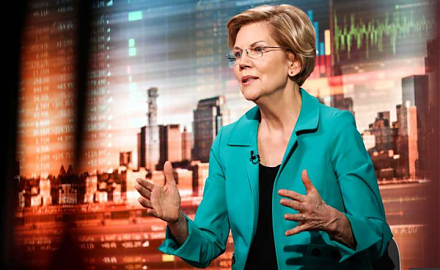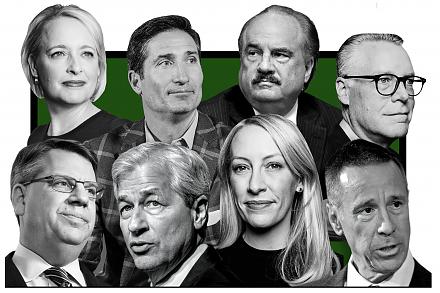

2019-02-13 11:00:00 Wed ET
treasury deficit debt employment inflation interest rate macrofinance fiscal stimulus economic growth fiscal budget public finance treasury bond treasury yield sovereign debt sovereign wealth fund tax cuts government expenditures
President Trump may reluctantly sign the congressional border wall deal in order to avert another U.S. government shutdown. With his executive power to declare a national emergency, President Trump expresses his displeasure with this House-Senate compromise, but he has to accept the $1.4 billion border wall deal. House and Senate negotiators tentatively reach a border security agreement in principle to avoid another partial government shutdown.
Several commentators view this presidential ploy as a risky maneuver that may open the Pandora box of future challenges both in court and in Congress. Trump seeks alternative public finance to fund the $5 billion southern border wall. The key immigration reform reflects the fact that President Trump faces political opposition from House Democrats with respect to public finance.
This public finance standoff may exacerbate the current U.S. fiscal budget deficit. In accordance with the Sargent-Wallace unpleasant monetarist arithmetic principle, the monetary authority would need to allow higher money supply growth or inflation in the form of higher seigniorage taxes if the fiscal authority continues to fund the budget deficit with incessant public bond issuance. In this light, the congressional border wall deal has profound policy implications for fiscal equilibrium as well as monetary price stability.
If any of our AYA Analytica financial health memos (FHM), blog posts, ebooks, newsletters, and notifications etc, or any other form of online content curation, involves potential copyright concerns, please feel free to contact us at service@ayafintech.network so that we can remove relevant content in response to any such request within a reasonable time frame.
2018-05-04 06:29:00 Friday ET

Commerce Secretary Wilbur Ross suggests that 5G remains a U.S. top technology priority in light of the telecom merger proposal between Sprint and T-Mobile a
2019-02-03 13:39:00 Sunday ET

It can be practical for the U.S. to impose the 2% wealth tax on the rich. Democratic Senator Elizabeth Warren proposes a 2% wealth tax on the richest Americ
2017-11-13 07:42:00 Monday ET

Top 2 wealthiest men Bill Gates and Warren Buffett shared their best business decisions in a 1998 panel discussion with students at the University of Washin
2018-07-03 11:42:00 Tuesday ET

President Trump's current trade policies appear like the Reagan administration's protectionist trade policies back in the 1980s. In comparison to th
2020-03-12 09:32:00 Thursday ET

Google CEO Eric Schmidt and his co-authors show the innovative corporate culture and mission of the Internet search tech titan. Eric Schmidt, Jonathan Ro
2025-07-01 13:35:00 Tuesday ET

In recent times, financial deglobalization and asset market fragmentation can cause profound public policy implications for trade, finance, and technology w